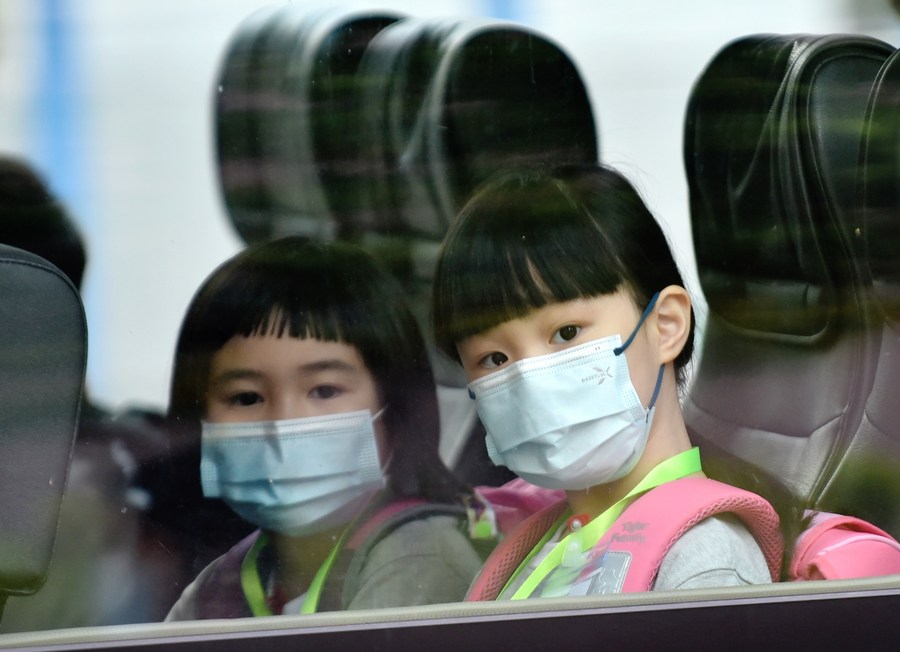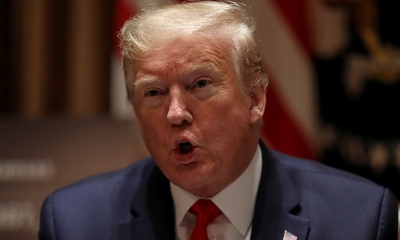Global Cultural Shifts Induced by COVID-19

While shifting into a ‘new cave people’ is a regress in human civilization, a more rigorous institution of family and a stronger culture of BEING in emergence could overcome this regress and turn the crises into a great opportunity for the birth of a new global culture.
While COVID-19 has reportedly been bringing about numerous changes in geopolitics, economy, health, and security around the world, little has been written about changes in cultural practices it has been bringing about. I hereby unravel such emerging changes in the hope that readers could adapt to such changes. The following are global cultural shifts taking place as I see them:
A global shift to a new era of “cave people” comparable to the early tribal society in human history
This is illustrated by various patterns of human behavior such as staying at home, a modern “cave“, and spending time on zoom, a virtual cave for working or for fun most of the time, wearing a face-mask and following social distancing rules or sitting in a mobile cave such as a transportation tool when going out of the home and so on. When a classical cave person gets out of the cave, s/he would harbor fear about and stay vigilant against predators. When we get out of the home as new cave people today, we harbor fear about and stay vigilant against COVID-19 as COVID-19 is colonizing more and more of our public space.
Just as classical cave people were at war against nature, we new cave people are combating against invisible coronaviruses originating from nature. Just as the classical cave era did not witness the emergence of a stable inter-cave or inter-tribal society and thus did not enjoy a sense of community in the modern definition of the word, we new cave people are losing our modern sense of public space or community as the virus has been colonizing and shattering our sense of community into pieces.
A global shift to the family-based life style from the individual-based mass society life style
The emergence of the modern mass society made possible by industrialization and urbanization declared the birth of individualism as a dominant life style in most Western countries. Its subsequent expansion to the East posed a huge challenge to the institution of family in non-Western societies, particularly Asian societies. However, the globalization of coronavirus since the beginning of 2020 has altered the work and life pattern of people almost all around the world.
As a result, the institution of family has become a bastion against the virus and such crises and challenges. Many more family members around the world tend to work at home and thus spend more time with other family members at home. They end up talking more with one another, learning to share with one another more, and achieve a deeper mutual understanding and build stronger bonds with one another. Consequentially, they are becoming both more healthy and more secure, both happier and more optimistic despite of the crises they face. The virus is becoming a mixed blessing.

A global shift to the philosophical culture of BEING from the philosophical culture of ACTION
The culture of BEING is characterized by more internal reflection, well-rounded thinking and calculations, and self-discipline, avoiding the excesses of the culture of ACTION which values individual freedom and is results-driven. The former tends to yield less ill-considered and hot-headed action harmful to self and others. A culture of BEING tends to be both holistic, non-dualistic and long-term while a culture of ACTION tends to be dualistic, analytical and short-term.
In the emergence of the culture of BEING, or rather in the globalization of the culture of BEING originating from the integrated philosophical system comprising Buddhism, Daoism, and Confucianism, mankind is being offered a great opportunity to reassess their globalized culture of ACTION originating from the modern West and actively consider foregrounding this culture of BEING as the foundation for the culture of ACTION which has resulted in many excesses such as repetitive patterns of pandemics, social inequality, economic crisis, violence and war.
With the culture of BEING as its anchor, the culture of ACTION could be hopefully reconstructed and transformed for more inclusive and all-benefiting results. Perhaps the culture of BEING explains at least partially yet significantly why anti-coronavirus campaigns have been much more successful in Asian countries where there is a strong indigenous tradition of BEING than many Western countries such as the US which exemplifies the culture of ACTION. Indeed, a well-balanced and integrated cultural system of both the culture of BEING and the culture of ACTION is proving necessary for human survival and thriving in the fight against this crisis and other ones triggered by it.
Crises turned into opportunity
As mankind is a high species of adaptability, resilience and creativity, the global pandemic can be turned into a great opportunity for the creation of a deeper, richer, more meaningful, and more sustainable post-coronavirus global culture. While shifting into a new cave people is a regress in human civilization, a more rigorous institution of family and a stronger culture of BEING in emergence could overcome this regress and turn the crises into a great opportunity for the birth of a new global culture.
More harmony with self, more harmony with family and society, more harmony with nature and the cosmos could be cultivated among humankind in the fight against coronavirus. Such harmony resulting from the integration of the above three layers of harmony will hopefully help contribute in the construction of a true and genuine community of mankind where shared responsibility is fully appreciated and enacted, where shared security/peace results from it, where fruits of cooperation yield and are fairly distributed, and where common values of mankind emerge to power and sustain mankind’s shared destiny while it forges deep into the future.
The article reflects the author’s opinions, and not necessarily the views of China Focus.
 Facebook
Facebook
 Twitter
Twitter
 Linkedin
Linkedin
 Google +
Google +




